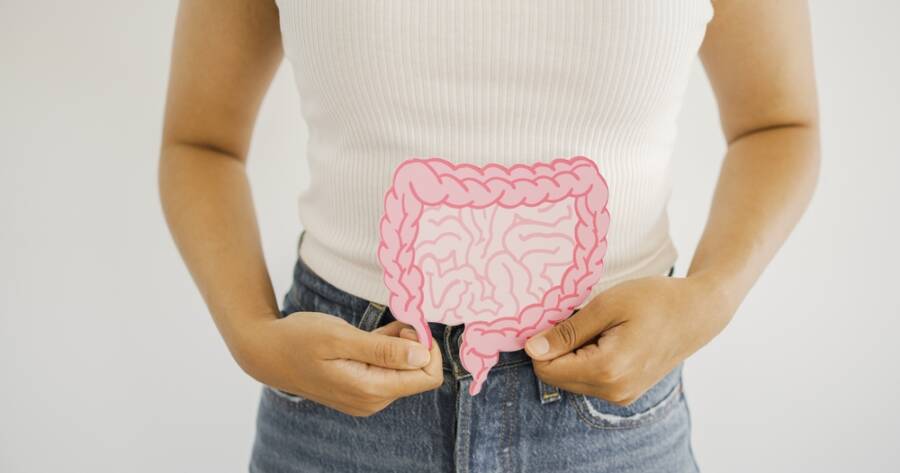Your gut does more than just digest food—it plays a central role in your immune system, mood, and overall health. A balanced gut microbiome, filled with good bacteria, helps your body absorb nutrients, fight off illness, and even manage stress. But maintaining a healthy gut doesn’t require expensive supplements. By eating the right foods every day—specifically prebiotics and fermented staples—you can naturally support digestion and long-term wellness. Understand what you need to know to give your gut the nourishment it deserves.
The Role of Prebiotics in Gut Health
Prebiotics are types of fiber that the body can’t digest. Instead, they serve as food for the good bacteria already living in your gut. Feeding these bacteria helps them grow and multiply, which strengthens your digestive system and promotes better balance in your microbiome.
One of the best-known prebiotic fibers is inulin, found in foods like chicory root and Jerusalem artichokes. Inulin supports the growth of bifidobacteria, a beneficial group of gut microbes linked to reduced inflammation and better immune function.
Other common prebiotic-rich foods include onions, garlic, leeks, asparagus, and bananas—especially when they’re slightly underripe. These foods travel through the digestive tract undigested, reaching the colon where they nourish your healthy gut bacteria.
Adding a variety of prebiotic fibers to your meals can improve regularity, reduce bloating, and support the gut’s natural defense system against harmful microbes.
Fermented Foods: Nature’s Probiotics
While prebiotics feed your gut bacteria, fermented foods introduce new beneficial microbes—also known as probiotics—into your digestive system. These living microorganisms can help rebalance your gut, especially after illness, stress, or antibiotic use.
Classic fermented foods include:
- Yogurt: Look for varieties with “live and active cultures” to ensure they contain probiotics.
- Kefir: A tangy, drinkable yogurt made from fermented milk. It typically contains more probiotic strains than yogurt.
- Sauerkraut and kimchi: Fermented cabbage dishes rich in lactic acid bacteria, which are known to improve digestion.
- Miso: A fermented soybean paste used in soups and sauces, often containing beneficial Bacillus species.
- Tempeh: Another fermented soybean product that’s firm and nutty in flavor, commonly used as a plant-based protein.
Fermented foods help introduce a variety of probiotics to the gut, supporting microbial diversity—a key factor in long-term health. To preserve the benefits, look for products labeled “unpasteurized” or “raw,” as heat can kill off beneficial bacteria.
How to Include These Foods in Your Routine
Supporting gut health doesn’t require a drastic diet overhaul. Start by making small, sustainable changes. For instance, add a spoonful of sauerkraut to your sandwich, mix yogurt into your morning smoothie, or sauté leeks and garlic into your dinner.
If you enjoy baking, try incorporating inulin-rich foods like chicory root powder into homemade muffins or energy bars. You can also use bananas in overnight oats, which provides both fiber and natural sweetness.
For fermented foods, try a serving of miso soup or a small bowl of kimchi on the side of your meal. Since fermented foods are strong in flavor, a little often goes a long way.
When increasing your fiber intake, it’s best to do so gradually and drink plenty of water to prevent digestive discomfort.
The Gut-Brain Connection
Your gut is often referred to as your “second brain” because of its influence on mood, memory, and mental clarity. This is largely due to the gut-brain axis, a communication network that links your digestive system with your central nervous system.
Good gut health can support the production of neurotransmitters like serotonin, most of which are made in the gut. When your microbiome is out of balance, you might notice symptoms like brain fog, irritability, or low energy.
By regularly eating prebiotic and fermented foods, you support a diverse and thriving gut microbiome, which in turn may boost mental and emotional well-being. While food isn’t the only factor in brain health, it plays a much bigger role than many people realize.
Feed Your Gut, Fuel Your Health
Improving your gut health doesn’t require complicated routines or trendy products. With a daily focus on real, whole foods like prebiotic-rich vegetables and fermented staples, you can support digestion, immunity, and even your mood. The key is variety and consistency—nourishing your body with the fibers and microbes it needs to thrive.
Whether it’s a spoonful of yogurt, a clove of garlic, or a side of sauerkraut, these small additions to your diet can create big improvements over time. A healthy gut is the foundation for a healthy life—and it starts with what’s on your plate.

